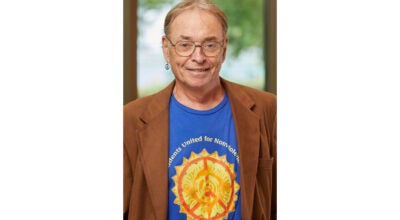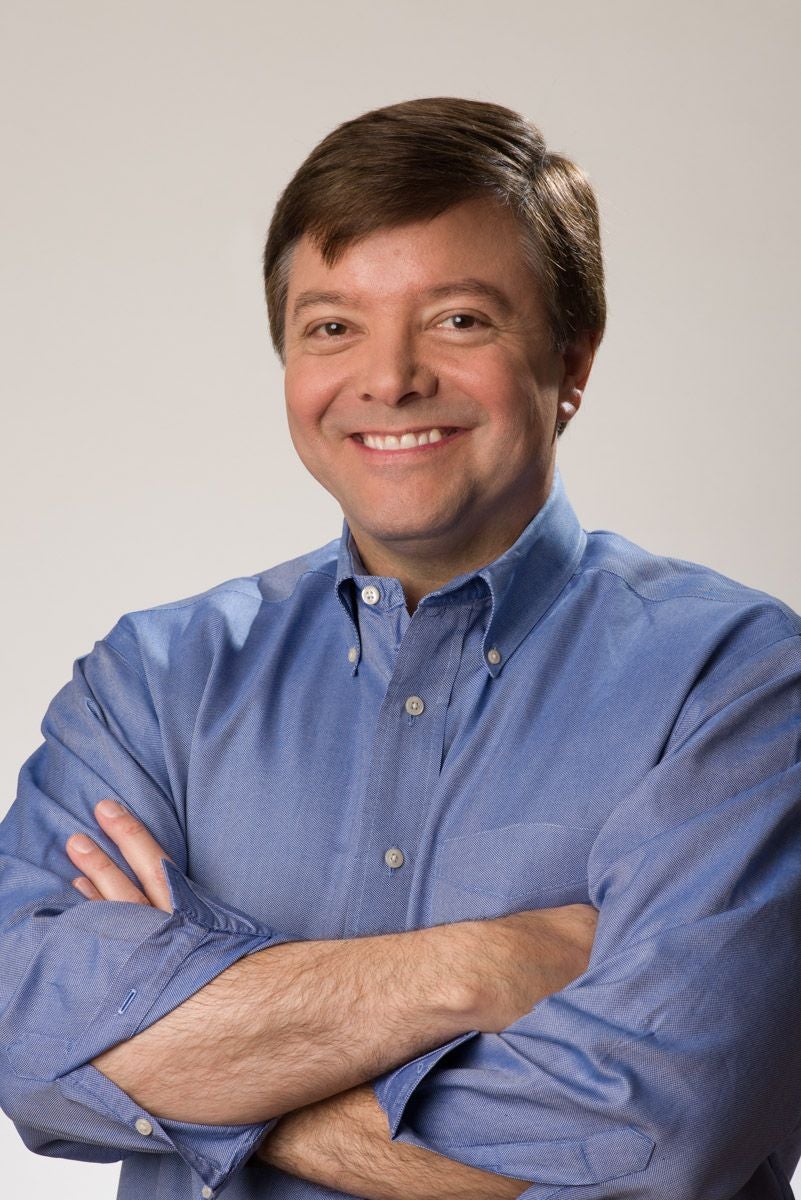What have we really learned?
Published 2:07 pm Friday, November 6, 2020
|
Getting your Trinity Audio player ready...
|
Sure, we didn’t know who won right away, or the next day, or the day after that, but we still learned quite a bit from the election.
Among other things, I learned that “pollster” should no longer be considered a job.
Those who have made polling their life’s work need to pursue another vocation. They blew it “bigly” again, with an assist from a media that lapped up every flawed percentage point.
In some cases, the media made a hash of their own polls. For example, on Oct. 28, a Washington Post poll had Biden with a 17-point lead over President Trump in Wisconsin. “Missed it by that much,” as Maxwell Smart once said. Yes, former vice president Joe Biden won the state, but by less than a percentage point, as of Thursday.
How can a poll be that far off? If there is such a thing as polling malpractice, this would be it. In addition to getting it wrong about a Biden landslide, pollsters missed the mark on several Senate and congressional races. But hey, pollsters, you had a good run. It doesn’t mean you’re bad people, you’re just finished. It happens. Blacksmiths were living large until that killjoy Henry Ford showed up with his horseless sleigh and ruined everything.
I learned that an election isn’t over just because the sun sets, or when it rises again.
I can remember, as a youth, playing stickball in the street in front of my house. We would play all day, breaking only for lunch. We’d play until it was too dark to see. Then, the team ahead would declare itself the winner, even if the other team had the bases loaded. “We win. Game over. See you tomorrow.” Invariably, there would be a fight. President Trump said he won on election night. But several innings remained. Biden, on the other hand, didn’t declare victory, he merely predicted it.
In a year when Zoom replaced in-person learning, Halloween candy was delivered through PVC pipes and NFL football games were played in front of 70,000 empty seats, it figured that a presidential election would feature both candidates declaring and/or predicting victory on election night and the next day while the result was still in doubt. At this point nothing should surprise us.
I learned that a whole lot of mail-in ballots is a big problem.
I know this is an unprecedented circumstance. But come on, folks. In 2020, there’s no reason why most, if not all votes can’t be counted by election night or shortly thereafter, as in the next day, whether the ballots arrived by regular mail, stagecoach or stork. I know the court gave you extra time but you shouldn’t need. Delays breed skepticism and uncertainty, which are among the last things Americans need right now. It wasn’t as if this was a surprise. Somehow, on Thursday, my home state of Pennsylvania found itself, once again, in the spotlight for all the wrong reasons as hundreds of thousands of ballots remained uncounted. Yes, I know an election isn’t a stickball game. It shouldn’t be a cricket match either.
I learned that we’re still a 50/50 country.
This election saw the highest voter turnout as a percentage in 120 years. After four years of consternation, presidential tweet storms, a media that cast themselves as the anti-Trump resistance, an impeachment, a pandemic, and various other dramas along the way, the voters are still pretty evenly divided.
This is a good thing. It’s a sign of moderation, that we reject extremes and are much more comfortable in the middle. I realize that many Democrats saw the re-election of Donald Trump as the end of America and Republicans viewed a Joe Biden victory as a sure sign of the Apocalypse. The rest of us knew neither was the case.
No matter who you wanted to win, we can choose to see this election and its aftermath as an opportunity to understand and empathize with those on the other side. There are reasons why we believe what we believe. No segment of voters is a monolith. There’s room for nuance and compromise. We don’t have to agree with one another. In fact, there will be times when we will vehemently disagree.
But we can make a pledge listen, not to the pundits and the media but to each other.
Rich Manieri is a Philadelphia-born journalist and author. He is currently a professor of journalism at Asbury University in Kentucky. You can reach him at manieri2@gmail.com.




